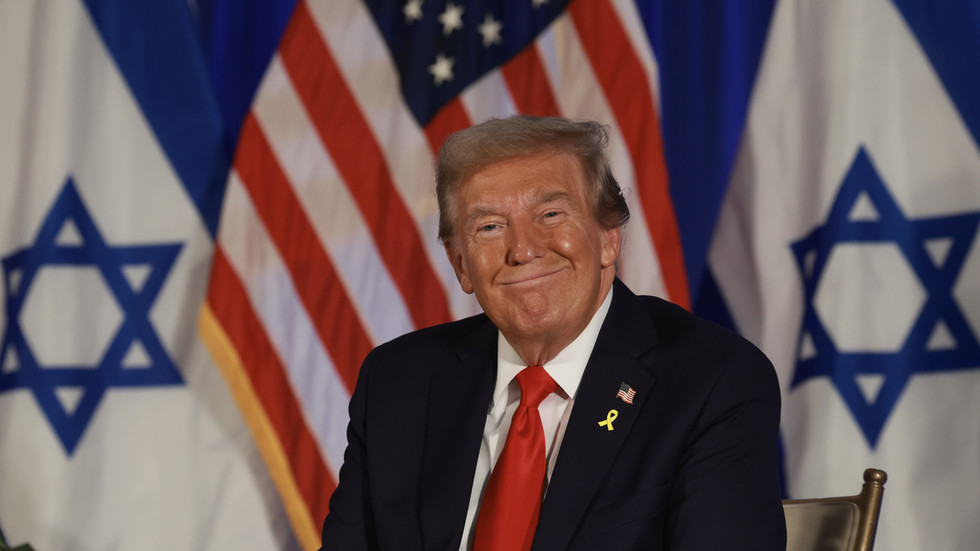During a recent appearance on the Joe Rogan Experience podcast, Donald Trump discussed his views regarding U.S. foreign policy towards Iran and its implications on the recent Hamas attack on Israel. Trump, the Republican presidential nominee, stated that during his presidency from 2017 to 2021, he would have implemented measures that could have prevented the October 7 Hamas incursion, which resulted in significant loss of life and escalating conflict in the region. He described his leadership style as one that prioritized doing what he deemed “right” over gaining popularity, particularly in his dealings with Iran, highlighting his decision to withdraw the U.S. from the Joint Comprehensive Plan of Action (JCPOA) in 2018.
Trump emphasized that his administration imposed extensive restrictions on Iran following the U.S.’s departure from the JCPOA, which had initially granted Iran relief from economic sanctions in exchange for curbing its nuclear program. He claimed that his actions led to a financially crippled Iran, noting that he pressured China and other nations not to engage in oil purchases from Tehran, asserting that this approach effectively limited Iran’s ability to fund its proxies. According to Trump, the lack of financial resources significantly weakened both Hezbollah and Hamas, the notorious militant groups operating in the region.
The former president boldly claimed that had he been in office at the time of the Hamas attack, the incident would not have occurred. He referred to the substantial death toll resulting from the October 7 strike—approximately 1,200 killed and 250 taken hostage—and implied that his foreign policy strategies could have averted such a tragedy. His assertions come amidst the ongoing military operations by Israel in Gaza, which have reportedly resulted in over 42,000 casualties and extensive injuries, emphasizing the heavy toll the conflict has taken on both sides.
Beyond discussing the implications of his prior policies, Trump also addressed the current military actions taken by Israel against Iran. Following Iran’s missile strikes, which involved nearly 200 ballistic missiles targeting Israel as retaliation for the deaths of key Hamas and Hezbollah leaders, the Israeli military announced strikes on 20 Iranian military sites. This retaliatory action indicates the rising tensions and aggressive exchanges between the nations involved in the ongoing conflict, with both sides suffering significant consequences.
Trump’s stance reflects a broader theme in his presidential campaign, which aims to return to his previous hardline approaches across various issues, particularly in international relations. He believes that strength and uncertainty in dealing with adversaries are vital in preserving national security and preventing acts of aggression. This narrative resonates with a segment of the Republican electorate that favors robust foreign policy measures to counter perceived threats from Iran and its affiliates.
Overall, Trump’s remarks on the podcast encapsulate his advocacy for a return to uncompromising measures against Iran, linking them to both security outcomes and political ideologies. He positions himself as a resolute leader who prioritizes national security and international stability above political popularity, a sentiment that may appeal to voters seeking strong foreign policy leadership in an increasingly volatile global landscape.

